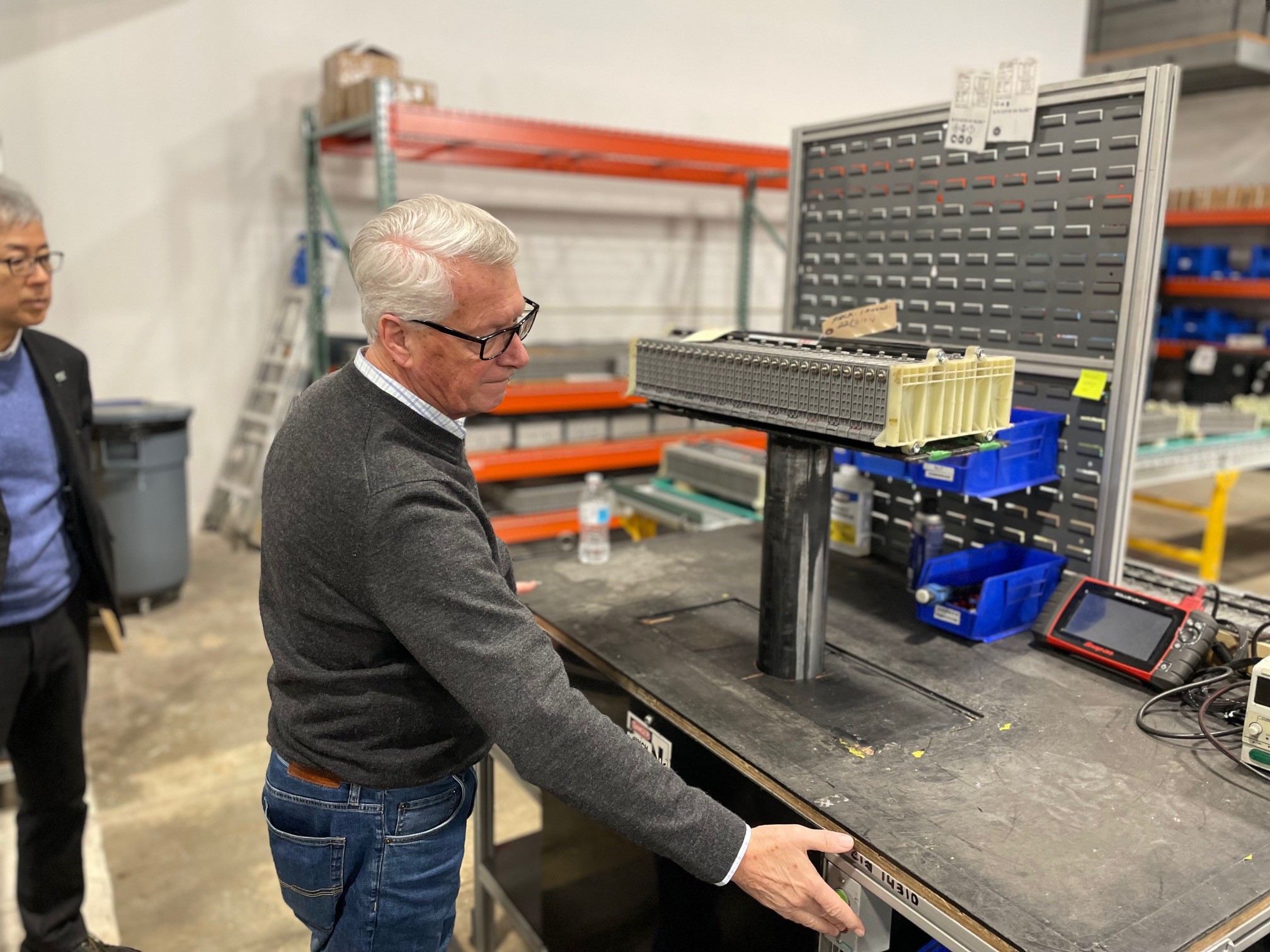Today is International Day of Zero Waste, an annual observance aimed at raising awareness about the need to reduce waste generation and minimize the impact of waste on the environment. The objective of the Zero Waste Day is to encourage sustainable consumption and production practices, facilitate the transition towards a circular economy, and increase understanding of how zero-waste initiatives contribute to the realization of the UN’s 2030 Sustainable Development Goals. The observance is a reminder that our planet's resources are finite, and we need to adopt sustainable consumption practices to ensure a livable future for generations to come.
The United Nations Environment Programme (UNEP) estimates that the world generates 2.01 billion tons of municipal solid waste annually, with per capita waste generation expected to increase by 70% by 2050. The increasing waste generation poses a serious threat to the environment, with landfills, incineration, and waste dumping contributing to greenhouse gas emissions, soil and water pollution, and depletion of natural resources.
To address the challenge of waste, governments, businesses, and individuals are embracing the zero-waste philosophy, which advocates for a circular economy that eliminates waste and keeps resources in use for as long as possible. The zero-waste approach involves reducing waste at the source, reusing products, and recycling materials to create new products.
A3 Global, a global leader in battery repair, reconditioning, refurbishing, and remanufacturing, is contributing to the zero-waste effort. We specialize in electric and hybrid vehicle (EV) batteries, which are essential for reducing greenhouse gas emissions and mitigating the impact of climate change.

EV batteries are a crucial component of hybrid and electric vehicles, and their demand is growing at unprecedently levels. Like all batteries, they have a limited lifespan and must be replaced when they reach the end of their useful life. This creates a significant waste management challenge, as the batteries contain toxic chemicals and heavy metals that can pollute the environment if not properly disposed of.
According to a report by BloombergNEF, around 90,000 metric tons of EV batteries were retired in 2020, and this number is expected to grow to over 2.2 million metric tons by 2030. The report notes that recycling, remanufacturing, and repurposing EV batteries can reduce greenhouse gas emissions, save energy, and reduce the need for mining of raw materials.
A3 Global an industry leader in addressing the EV battery waste challenge by offering a range of products and services that extend the lifespan of EV batteries, reduce waste, and save costs. The company's battery repair, reconditioning, refurbishing, and remanufacturing services can extend the lifespan of EV batteries by up to 70%, significantly reducing the need for new batteries and the associated waste.
International Day of Zero Waste serves as a reminder of the importance of reducing waste and adopting sustainable consumption practices. Companies like A3 Global, and organizations such as the REMADE Institute, are playing a crucial role in the zero-waste effort by offering innovative solutions that reduce waste, conserve resources, and promote environmental sustainability. By repairing, reconditioning, refurbishing, and remanufacturing EV batteries, A3 Global and other companies in the circular economy are helping to reduce the impact of waste on the environment and create a more sustainable future for all.
To stay in the loop with how A3 Global is driving the future with sustainable mobility solutions that empower the circular economy, sign up for our monthly newsletter here.



